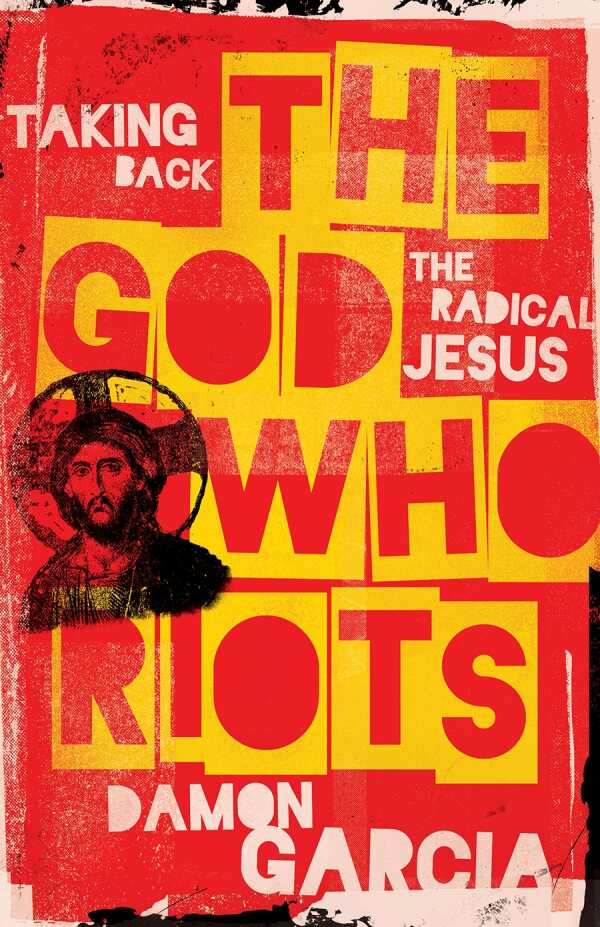The God Who Riots
Taking Back the Radical Jesus
Damon Garcia’s fiery religious book The God Who Riots calls on believers to stand up to capitalistic greed.
Viewing faith as that which empowers people to either transform the world for good, or to “justify the world as it is,” Garcia’s book regards these separate impulses as being in creative tension. Indeed, the book finds support for both ideas in Christian traditions. Still, it encourages people to choose to work toward freeing society from white privilege, to abolish the police and prisons, and to take on capitalistic systems. It couches such encouragements in both theological and economic terms, asserting that capitalism turns everything “into a product to be bought or sold,” leading to the ungodly dehumanization of others and driving poor people down. And it repackages Christianity as an alternative system that can proffer understanding about what matters in the world, despite decades of its negative influences on cultural wars and the pursuit of political power.
Drawing on the Bible and traditional theologians, the book references thinkers as diverse as Paulo Freire and John Calvin. Its historical context is extensive and deep. But this project is also a personal one: Garcia was raised among conservative thinkers, and he argues that he arrived at his current positions “because of my Christian upbringing, not as a rejection of it.” Throughout, he preaches against the false doctrines of the evangelical and the established church worlds, suggesting that God is much more radical than the status quo allows. Here, in fact: God is radical enough to be on the streets with people, struggling to form a better world.
Exposing the tensions that grip evangelical churches in the US, The God Who Riots is a gripping example of liberation theology; it calls for church reforms, and for Christians to stand with the poor and the oppressed.
Reviewed by
Jeremiah Rood
Disclosure: This article is not an endorsement, but a review. The publisher of this book provided free copies of the book to have their book reviewed by a professional reviewer. No fee was paid by the publisher for this review. Foreword Reviews only recommends books that we love. Foreword Magazine, Inc. is disclosing this in accordance with the Federal Trade Commission’s 16 CFR, Part 255.

